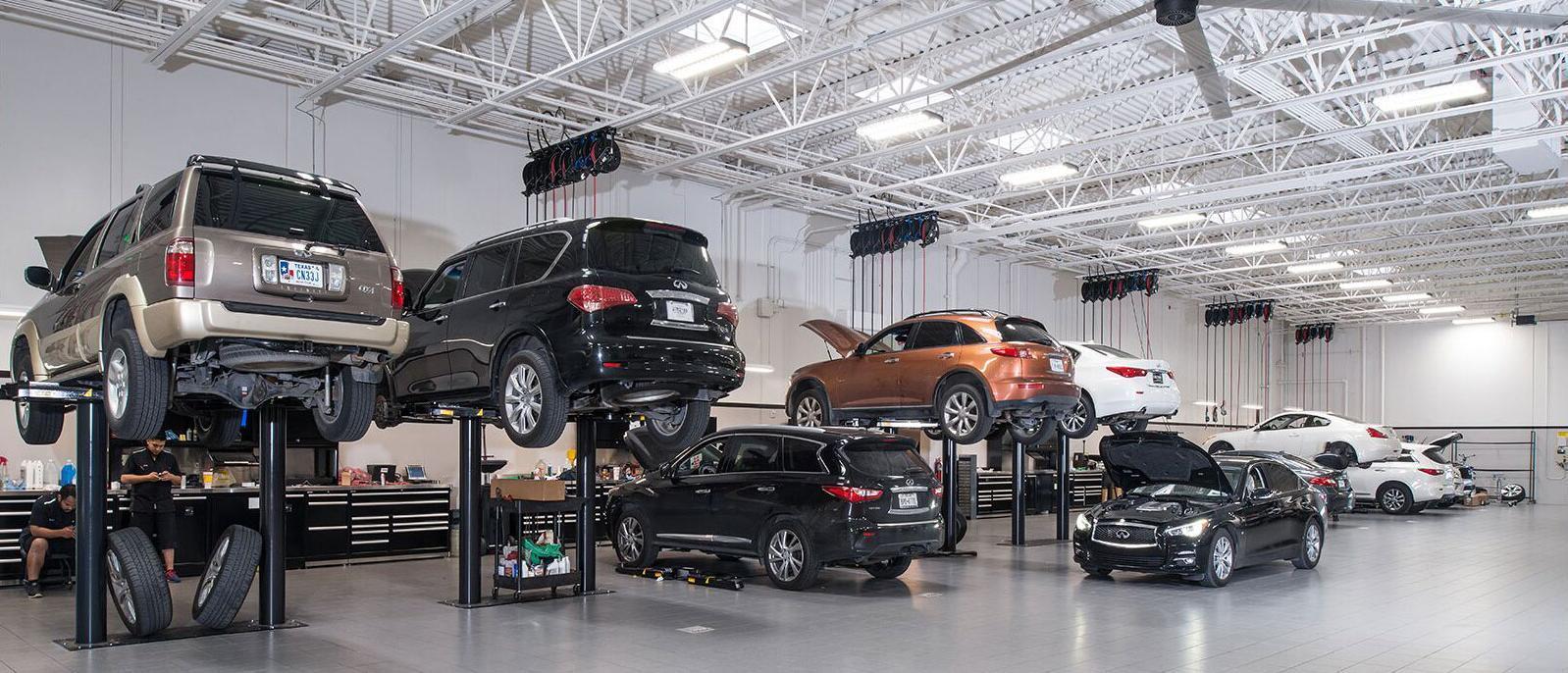All Categories
Featured
Engine repair services are commonly among one of the most expensive repair work you might encounter as a car proprietor. The price of fixing or replacing parts of your engine can differ commonly, and several variables play a duty in figuring out the last cost. Comprehending these variables can help you make educated choices and possibly save money on repair work prices. Right here's a more detailed look at what affects the rate of engine repair work.
For instance, a straightforward oil adjustment or ignition system replacement may only cost you a few hundred bucks, while an engine reconstruct or replacement might cost a number of thousand bucks. The degree of the problem and the parts that need to be changed are key aspects in computing the final costs.
![]()
Additionally, the quantity of labor needed depends on the kind of engine problem. A fixing calling for complete engine disassembly will take far even more time than replacing a straightforward component, and this added time is shown in the labor price.
![]()
In addition, the make and version of your vehicle can influence the cost of engine repair services. Luxury or international cars frequently require extra expensive parts that may be more difficult to discover, increasing the general fixing cost. Common residential lorries tend to have quicker available components and might be cheaper to repair.
Older automobiles may also have problem sourcing components, especially if the car is stopped or rare. In such cases, you might require to make use of refurbished or used components, which can often lower costs but might feature additional threats relating to quality and integrity.
On the various other hand, cars from even more usual brand names like Ford, Toyota, or Honda have a tendency to have lower repair work prices due to the fact that their parts are much more widely offered, and many technicians are familiar with them. Repair shops commonly have the required equipment for these vehicles, which aids decrease labor time and prices.
![]()
Conclusion. Engine fixing expenses can be substantial, however comprehending the aspects that impact these expenses can help you make far better choices when it comes time for repair work. The extent of the damage, the type of parts utilized, labor prices, the make and version of your car, and the analysis charges are all essential elements that contribute to the total repair service expense.
- The Extent of the Damage. The intensity of the engine problem is maybe the most considerable variable in identifying the expense of fixings. Minor engine issues, such as damaged trigger plugs, harmed belts, or a defective sensor, are typically less costly to fix because they don't need disassembling the engine. In comparison, extra serious problems like a split cylinder head, blown gasket, or a damaged crankshaft can be extremely expensive as a result of the complexity and comprehensive labor included.
For instance, a straightforward oil adjustment or ignition system replacement may only cost you a few hundred bucks, while an engine reconstruct or replacement might cost a number of thousand bucks. The degree of the problem and the parts that need to be changed are key aspects in computing the final costs.

- Labor Prices. Labor is one of the main costs connected with engine repair. This is particularly real for complicated fixings, as taking care of engine problems usually requires hours or also days of job. Labor expenses can vary depending upon where you live, as service center in metropolitan locations typically charge much more per hour than those in country locations. Generally, labor prices can range from $80 to $150 per hour, with even more skilled or specific mechanics billing greater rates.
Additionally, the quantity of labor needed depends on the kind of engine problem. A fixing calling for complete engine disassembly will take far even more time than replacing a straightforward component, and this added time is shown in the labor price.
- Components and Products. The expense of substitute parts can additionally differ substantially, especially if you're utilizing initial equipment producer (OEM) parts or high-performance elements. OEM components are typically extra pricey than aftermarket parts, however they are typically suggested to ensure the longevity and proper function of the engine. Aftermarket components are usually much less pricey and can supply a much more affordable alternative, however they could not constantly satisfy the very same high quality criteria as OEM components.

In addition, the make and version of your vehicle can influence the cost of engine repair services. Luxury or international cars frequently require extra expensive parts that may be more difficult to discover, increasing the general fixing cost. Common residential lorries tend to have quicker available components and might be cheaper to repair.
- Age and Mileage of the Car. The age of your vehicle plays a considerable duty in figuring out the price of engine repair. Older cars with high mileage tend to have more damage on the engine components, which suggests that repair services might be extra extensive and expensive. Gradually, engine parts put on down and are more probable to stop working, resulting in even more constant repair services.
Older automobiles may also have problem sourcing components, especially if the car is stopped or rare. In such cases, you might require to make use of refurbished or used components, which can often lower costs but might feature additional threats relating to quality and integrity.
- Vehicle Make and Version. The details make and model of your lorry will heavily influence the expense of engine repair work. Deluxe brand names like BMW, Mercedes-Benz, and Audi often have higher repair expenses due to the fact that their components are a lot more pricey, and specialized understanding is required to work on them. In addition, these brand names might need particular tools or analysis devices, which can include in the overall expense.
On the various other hand, cars from even more usual brand names like Ford, Toyota, or Honda have a tendency to have lower repair work prices due to the fact that their parts are much more widely offered, and many technicians are familiar with them. Repair shops commonly have the required equipment for these vehicles, which aids decrease labor time and prices.

- Diagnostic Costs. Before doing any type of repairs, the auto mechanic will generally conduct a diagnostic test to determine the origin cause of the issue. Some repair service stores might supply a discount or waive this fee if you decide to proceed with the suggested repair services, while others might bill it individually.
- Location of the Service Center. Where you take your lorry for repair services can additionally affect the rate. Shops in high-cost-of-living areas usually charge more for both labor and components due to overhanging prices. In contrast, fixing stores located in smaller towns or less populated areas might use extra affordable prices. This cost difference is something to consider when looking for a service center, especially if you're dealing with a large repair service bill.
Conclusion. Engine fixing expenses can be substantial, however comprehending the aspects that impact these expenses can help you make far better choices when it comes time for repair work. The extent of the damage, the type of parts utilized, labor prices, the make and version of your car, and the analysis charges are all essential elements that contribute to the total repair service expense.
Latest Posts
When to Tell When Your Car Needs Expert Auto Repair at Montclare Auto Repair
Published en
1 min read
Signs When Your Car Needs Professional Car Repair at Montclare Auto Repair
Published en
1 min read
Explore Auto Services & More: Complete Auto Care Solutions from Montclare Auto Repair
Published en
1 min read
More
Latest Posts
When to Tell When Your Car Needs Expert Auto Repair at Montclare Auto Repair
Published May 27, 25
1 min read
Signs When Your Car Needs Professional Car Repair at Montclare Auto Repair
Published May 26, 25
1 min read
Explore Auto Services & More: Complete Auto Care Solutions from Montclare Auto Repair
Published May 22, 25
1 min read